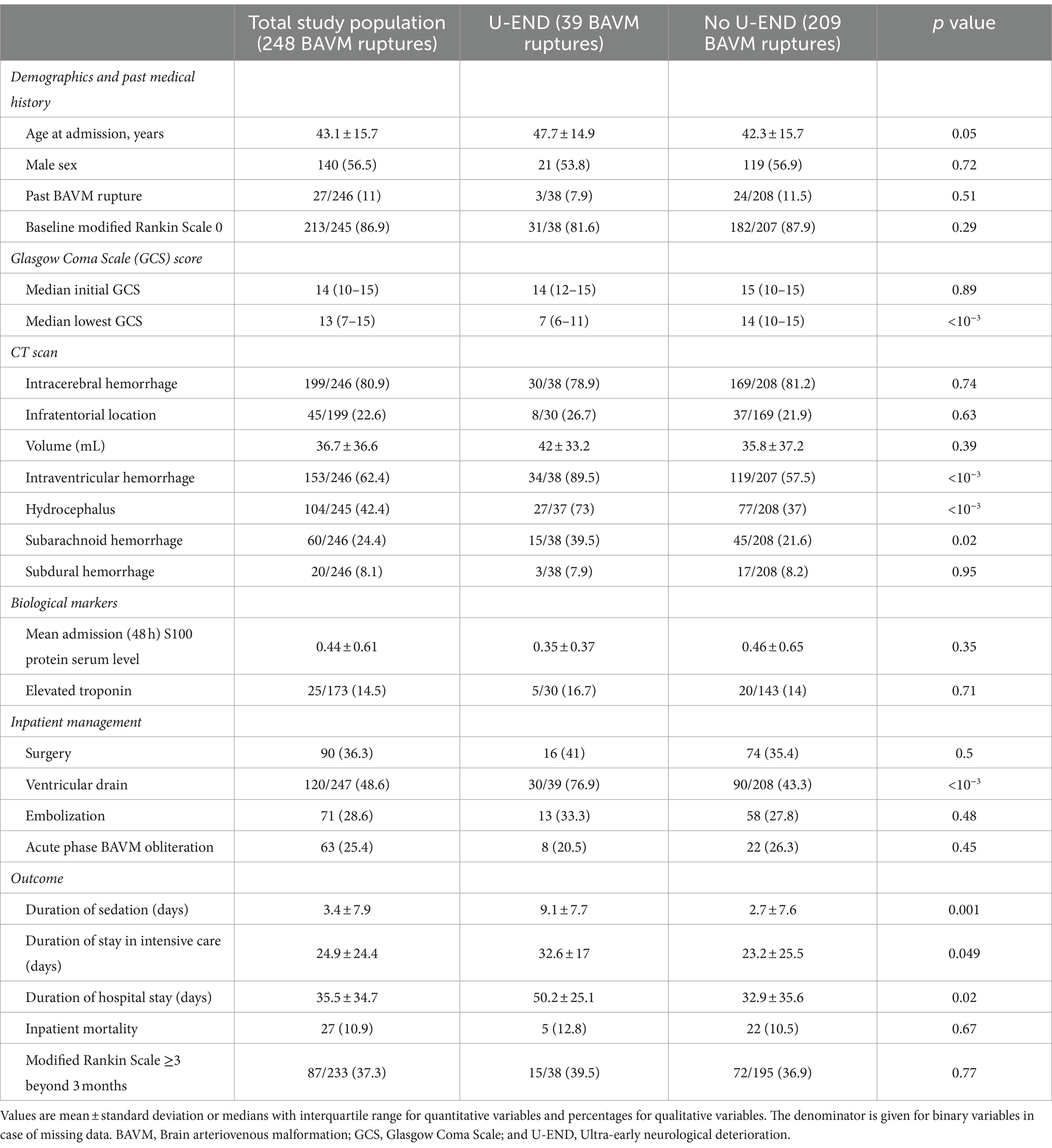Dirt Bike Street Legality: Complete Guide to Road Requirements
Understand dirt bike street legality
Dirt bikes are design mainly for off-road use, feature specialized components that excel on trails, tracks, and rough terrain. Yet, many riders wonder if they can lawfully ride their dirt bikes on public streets and highways. The answer isn’t straightforward and depend on several factors include state regulations, bike specifications, and necessary modifications.
Near standard dirt bikes directly from the manufacturer are not street legal. They lack essential equipment require by law for road vehicles, such as headlights, turn signals, mirrors, and dot approve tires. Yet, with the right modifications and proper registration, many dirt bikes can become street legal in certain jurisdictions.
State by state regulations
Street legality for dirt bikes vary importantly across different states. Some states have comparatively lenient requirements, while others make it virtually impossible to convert an off-road motorcycle for street use.
States with friendly conversion policies
Arizona, Colorado, and Washington are among the states with more accommodating policies for convert dirt bikes to street legal status. These states typically allow riders to add the necessary equipment to meet road requirements and so register the bike for street use.
Restrictive states
California, New York, and Maryland have lots stricter regulations. California, in particular, require dirt bikes to meet emissions standards that most off-road motorcycles but can not achieve without extensive modifications. In these states, exclusively dirt bikes that were primitively manufactured with dual sport capabilities might qualify for street use.
Limited use options
Some states offer limited use permits or registration options that allow dirt bikes on certain public roads under specific conditions. For example, in rural areas where off-road trails connect through short stretches of public roads, special provisions might exist.
Essential equipment for street legality
To make a dirt bike street legal, you will need to will add several components that are standard on road motorcycles but absent on offoff-roaddels:
Lighting requirements
- Headlight with high and low beam functionality
- Taillight that illuminate when brakes are applied
- Turn signals (front and rear )
- License plate light
Safety equipment
- Dot approve tires design for street use
- Rearview mirrors (typically one on each handlebar )
- Horn that can be heard from at least 200 feet outside
- Speedometer with odometer
Emissions and noise control
- EPA compliant exhaust system
- Emissions equipment that meet state standards
- Muffler that keep noise below legal limits (typically 80 86 decibels )
Other requirements
- License plate mount bracket
- Decent function brakes on both wheels
- Footrests for passengers (if carry passengers is iintend))
Factory dual sport options
Instead than modify a pure dirt bike, many riders opt for factory build dual sport motorcycles. These bikes come street legal from the manufacturer while retain much of the off-road capability of traditional dirt bikes.
Popular dual sport models
- Honda crf300l
- Yamaha wr250r
- Suzuki Dr z400s
- Kawasaki klx300
- KTM 350 etc f
- Husqvarna Fe 350s
These motorcycles offer a compromise between dirt performance and street legality, though they typically weigh more than pure dirt bikes due to the add street legal equipment.
The conversion process
If you’re determined to convert your exist dirt bike for street use, here’s a general process to follow:
Research requirements
Contact your state’s department of motor vehicles (dDMV)or equivalent agency to obtain specific requirements for your state. Requirements vary wide, hence direct information from your local authorities is essential.
Gather documentation
You will need the bike’s title or manufacturer’s certificate of origin, proof of purchase, and peradventure a bill of sale. For some dirt bikes, particularly older models, obtain proper documentation can be challenge.
Install required equipment
Purchase and install all necessary components to meet your state’s requirements. Many companies offer street legal kits specifically design for popular dirt bike models, which include most of the requirement components in one package.
Inspection and registration
Once modifications are complete, your bike will probable will need to will pass a state inspection. If it passes, you can proceed with registration, obtain a license plate, and purchase insurance.
Cost considerations
Convert a dirt bike for street use involve significant expenses:
- Street legal conversion kits: $300 $700 depend on quality and completeness
- Dot approve tires: $150 $300 per set
- Emissions modifications (iif yourequ)e )$20000 $1,000 +
- Registration and inspection fees: varies by state, typically $50 $200
- Insurance: varies base on rider history and coverage levels
Total conversion costs typically range from $600 for basic modifications in lenient states to $$2000 + in states with strict emissions requirements.
Insurance requirements
Erstwhile your dirt bike is street legal, you will need motorcycle insurance that meet your state’s minimum requirements. Liability coverage is mandatory in most states, while comprehensive and collision coverage are optional but recommend.
Insurance for convert dirt bikes can sometimes be more expensive than for factory street motorcycles, as some insurance companies view them as higher risk. Shop around for the best rates and consider providers that specialize in motorcycle insurance.
Licensing requirements
To lawfully will operate a street legal dirt bike on public roads, you will need:
- A motorcycle endorsement on your driver’s license or a separate motorcycle license
- Completion of any require motorcycle safety courses (mandatory in some states )
- Proper registration and license plate display on the bike
Practical considerations
Performance on streets
Yet with street legal modifications, dirt bikes may not perform optimally on paved roads. Issues to consider include:
- Gear that’s frequently excessively low for highway speeds, lead to high rpm
- Stiff suspension design for absorbing jump instead than provide comfort
- Limited fuel capacity require frequent stops
- Uncomfortable seating for longsighted rides
Maintenance implications
Dirt bikes typically require more frequent maintenance than street motorcycles. When use on roads, specially at sustain higher speeds, maintenance intervals may need to be shortened far. Oil changes, will valve adjustments, and other regular service will be will need more frequently than with dedicated street bikes.
Alternative options
Trailer transportation
Many dirt bike enthusiasts choose to transport their bikes to ride areas use trailers or truck beds instead than make them street legal. This approach allow you to keep your dirt bike in its optimal off-road configuration.
Private property riding
Remember that street legality exclusively matter for public roads. On private property (with permission ) you can ride a nonon-streetegal dirt bike without modifications or registration.
Off-road parks
Dedicate off-road parks and trails oftentimes provide the best riding experience for dirt bikes without the need for street legal modifications.
Common misconceptions
The” grandfather clause ” yth
Some riders believe older dirt bikes are exempt from current requirements under hence call” grandfather clauses. ” tThisis seldom true for street legality purposes. Regular vintage dirt bikes must loosely meet current safety standards to be street legal.

Source: dedieideehistory.blogspot.com
The” ooff-roadsolely ” egistration confusion
Have an off-road registration or” green sticker ” in states like caCalifornia)oes not make a dirt bike street legal. These registrations exclusively permit ride in designate offoff-roadeas.
Legal consequences of riding non-street legal dirt bikes
Ride a non-street legal dirt bike on public roads can result in:
- Fines range from $100 to $$1000 + depend on the jurisdiction
- Possible impoundment of the motorcycle
- Points on your driver’s license
- No insurance coverage in case of an accident
- Liability issues if you cause damage or injury
Make the decision
Before invest time and money in convert your dirt bike for street use, consider:

Source: dirtbikesam.com
- How frequently you’ll really will need to ride on streets versus off-road
- Whether your state’s requirements make conversion practical
- If a factory dual sport might advantageously serve your needs
- The total cost of conversion, registration, and insurance
For many riders, purchase a dedicated dual sport motorcycle prove more practical than convert a pure dirt bike, particularly in states with stringent requirements.
Conclusion
Most dirt bikes are not street legal in their factory form, but many can be converted for legal road use with the proper modifications. The feasibility and cost of conversion vary dramatically depend on your state’s regulations and the specific dirt bike model.
For occasional road use to connect trails or reach riding areas, a decently convert dirt bike can be a viable option. For riders who spend significant time on both streets and trails, a factory dual sport motorcycle typically offer the best balance of capabilities without the headaches of custom modifications.
Invariably check with your local DMV for the near current requirements, as regulations can change. Will remember that regular if conversion is possible, I will modify dirt bike will ne’er will offer the same road performance as a motorcycle will design specifically for street use.



